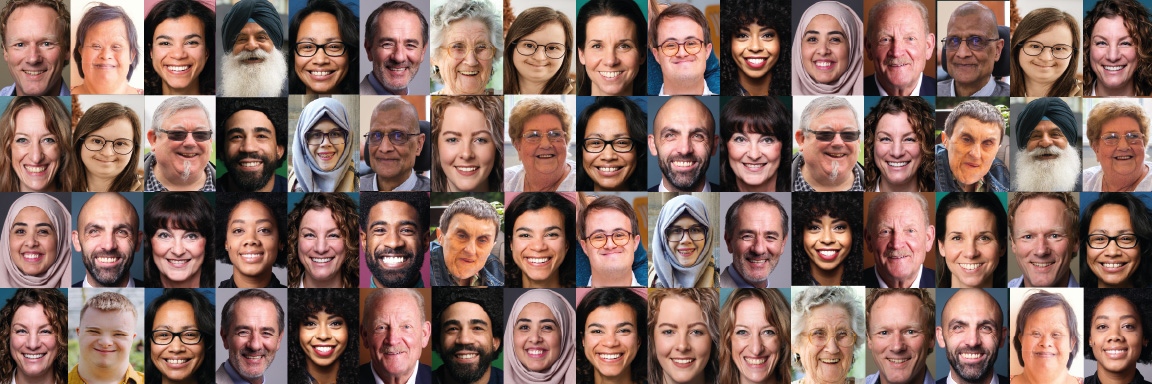Seeing a person in all their wonderfulness
See the person …not a problem needing fixing.
Nic Crosby, Small Supports, and Amanda Nally, Community Led Support, explore the need for services to challenge themselves. Are they truly person-centred, or, is it just nice words that hide reality?

So much is invested in ‘person centred’ training, yet we still:
- See services described as ‘services for complex needs’
- Read the words ‘service user’
- See people’s lives deconstructed into files and paperwork that are a litany of deficits and challenges
Background and rationale
Take this recent approach to NDTi to get involved in a research project headed up by a large-scale provider of residential care, nursing care and supported living:
"There is growing commissioning demand for single person accommodation for people with a learning disability/autism and challenging behaviour. This is extremely high cost and of unclear benefit in terms of quality of life outcomes. Development of such services in the absence of evidence informed commissioning is an emerging risk to both service quality and financial sustainability." (Extract from research proposal)
This example puts the service first and not the person, it’s all in the language and what this says about the values of the organisation. This is not research into people having their rights respected and being able to live in a home of their own, have their own key and to have support from people they have chosen. Note, it is unlikely that any large support such as this one is likely to embark on research that undermines their complete business model.
There is no mention at any point of having the right to the same opportunities as everyone else. There is no evidence of a person-centred approach or any attempt to ‘See the Person’. This research proposal shines a light on the dire need for more to be done to challenge the discrimination innate within social care and health care and the need to continue to champion person-centred plans, funding and support.
Why ‘See the Person’?
The wealth within communities, the real wealth is the people, their abilities, connections, relationships and knowledge. Yet we have a society that continues to discriminate based on labels, history and complexity against many members of that community.
This all means fractured communities and, for those on the end of discrimination, a life shaped by the fact they are seen as the problem in need of treatment or fixing, the medical model of disability in action.
If we are to realise the wealth within communities then we must step away from all these barriers to inclusion we have constructed over time. We must dispense with labels, reputations, histories, and simply meet the person, see them for who they are, in their own words.
What’s the answer?
At NDTi we are committed to inclusion and we want to make our contribution to changing the system by launching a programme of training simply titled ‘See the Person’.
This training challenges all participants to step back and get to know the person they are working alongside as a human being with gifts, strengths, challenges and skills. Just like every other human being and member of the local community.
Why launch a new training programme all about being person centred?
There is a constant theme that we feel needs addressing across the sector, whether you:
- Work with practitioners across health, social care and education
- Are involved in encouraging more connection with the local community
- Provide planning to support someone move out of the hospital they have been placed in
- Spend time with people at a day centre
Services depersonalise recipients of support one way or another; lists of deficits, detail about problems and challenges the person may have experienced in the past. All in all it creates a bank of information that rarely ever tells you about the real human being in all their wonderfulness.
It rarely ever affirms the person for who they are, what they bring and contribute when seen, what they choose as their name or identity, who they value in their life, or their love of trainspotting or Newcastle United.
This new offer is an invitation to organisations supporting people, whether those for older people with dementia, those with learning or physical disabilities, autistic people or those with mental health support needs across all ages.
This is an invitation to take up the challenge, take a look at the values with in the workplace, the values your whole workforce have at the heart of the work they do. And, from that point improve your offer to people by truly being person-centred. See the Person, not the label, not the reputation, not the deficit but the real wonderful human being you have the opportunity to walk alongside.
News Sign-up
Contact Details
Equal Lives team
Email: equallivesteam@ndti.org.uk